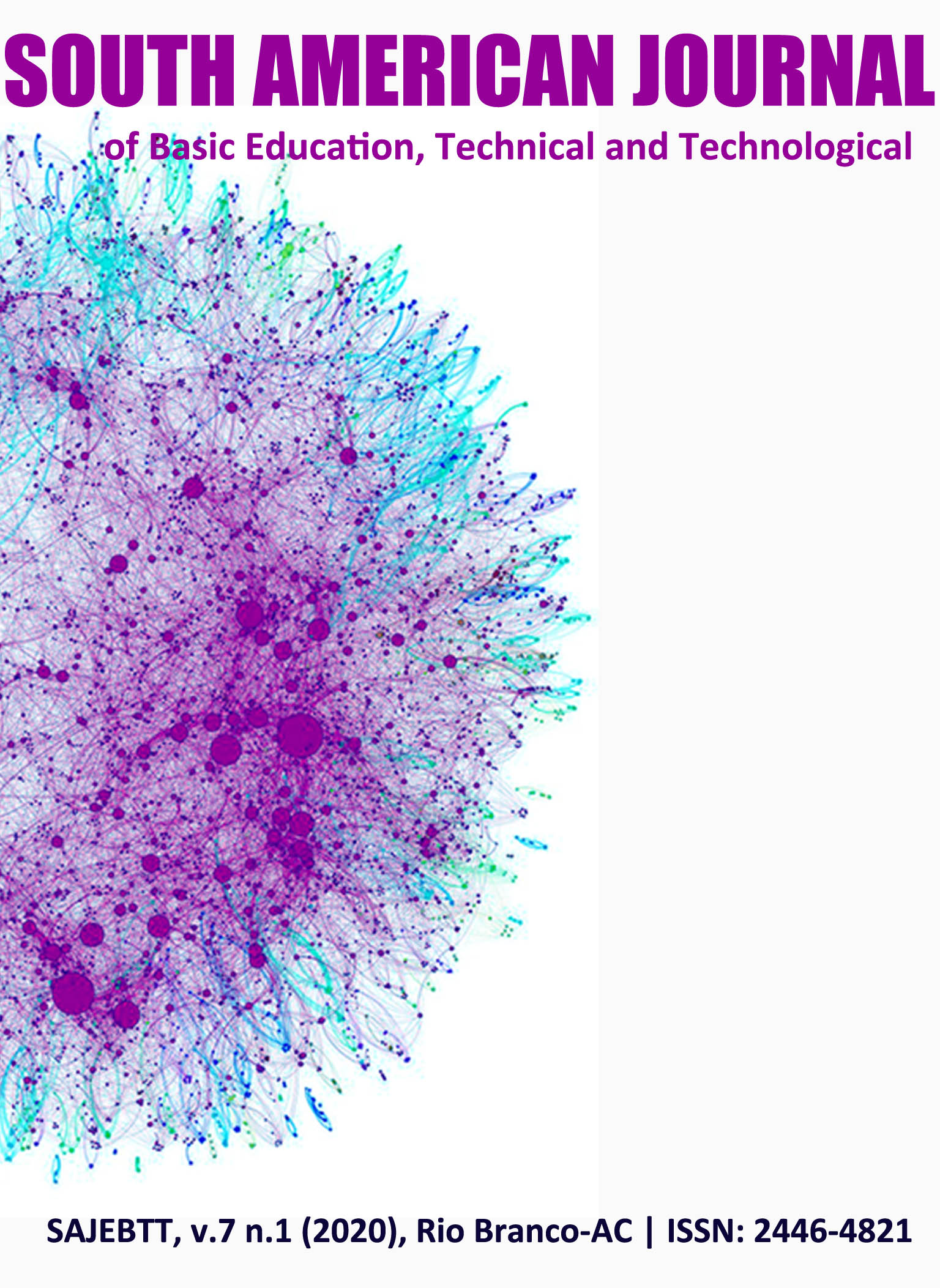AS CONTRIBUIÇÕES DA TUTORIA NO PROCESSO DE ENSINO-APRENDIZAGEM EM ADMINISTRAÇÃO PÚBLICA NA UNILAB
Keywords:
Experiências, formação, socialização, Programa Pulsar.Abstract
This article is characterized as a report of the experience lived in the Pulsar Program, linked to the Pró-Reitoria de Graduação (PROGRAD), of the Universidade da Integração Internacional da Lusofonia Afro-Brasileira (Unilab). This report presents an experience that occurred between 2018 and 2019. The main objective of Pulsar is to contribute to the academic follow-up and guidance of undergraduate students of the Institution, in the form of tutoring, guiding the student towards a smooth transition. Basic Education for Higher Education, and promoting actions that help strengthen their academic performance. The Program also stimulates the formative experience in the classroom, thus contributing to the process of teacher education of its scholarship students. In this sense there is an exchange of knowledge and learning. By addressing experiences, this study is descriptive, with a qualitative approach. Descriptive, as they propose to describe and analyze characteristics of a teaching-learning process, and qualitative, since it enables researchers to interpret reality, so that they can perform the analysis of a content or case. The results show that Pulsar's tutoring for students of the Public Administration course should be maintained, as it is a practice that encourages and motivates the students to remain qualified in the course. In addition to contributing to vocational training in the area of teaching for the fellows of the program.
Downloads
References
[2] MARCONI, Marina de Andrade; LAKATOS, Eva Maria. Metodologia Científica. 6. ed. São Paulo: Atlas, 2011.
[3] MERRIAM, S. B. Qualitative Research and Case Study Application in Education: Revised and Expanded from Case Study Research in Education. San Francisco: Jossey-Bass, 1998.
[4] BERGAMINI, Cecília Whitaker. Motivação nas Organizações. 5 ed. São Paulo: Atlas, 2008.
[5] CHIAVENATO, Idalberto. O novo papel dos recursos humanos nas organizações. Rio de Janeiro: Campus, 1999.










